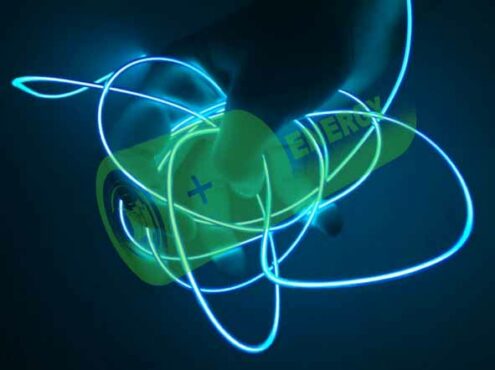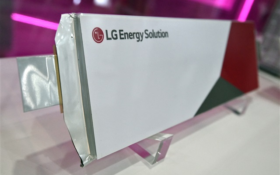A science and technology initiative has been launched to “invent the batteries of the future” in Europe and identify the “most promising lithium-ion and post-lithium-ion technologies” within the next decade.
The ‘Battery 2030+’ programme aims to develop batteries “that can be charged three times faster than today’s technology, without compromisingon lifetime or performance”.
The ‘core group’ behind the initiative— whose members include Sweden’s Uppsala University, Germany’s Fraunhofer research organisation and the European Association for Storage of Energy (EASE)— say Battery 2030+ will complement activities of the EU-backed European Battery Alliance.
Research under the initiative will be “chemistry neutral” and span the entire value chain, according to the newly-launched Battery 2030+ ‘manifesto’. “For example, if sensors, self-healing chemistries, or other smart functionalities are implemented, this will influence not only manufacturability and/or recyclability, but also the development of battery management system operating protocols, hardware and software.”
BATTERY 2030+ will also establish the ‘Battery Interface Genome’ to enable European battery researchers and industry to control interface formation and dynamics, and “ultimately enable inverse design of battery interfaces directly for their intended operating conditions”.












